In an era where digital connectivity shapes political landscapes, social media has emerged as a pivotal tool for New Zealand politicians striving to win votes. With platforms like Facebook, Twitter, and Instagram at the forefront, the digital engagement of these politicians goes beyond mere communication—it is a strategic maneuver to influence voter preferences, rally support, and drive electoral success. This article delves into how New Zealand politicians leverage social media to win votes, backed by data and real-world examples, and examines the implications for New Zealand's political and economic environment.
The Rise of Social Media in New Zealand Politics
New Zealand's political scene has witnessed a paradigm shift with the advent of social media. Politicians are increasingly using these platforms to engage with constituents, bypass traditional media, and personalize their campaigns. According to Stats NZ, over 80% of New Zealanders use social media, making it a critical arena for political engagement.
The effectiveness of social media in politics is not just a global phenomenon. In New Zealand, the 2020 general election saw political parties ramping up their digital campaigns. The Labour Party, for instance, utilized social media to highlight their policies on healthcare and economic recovery, while the National Party focused on issues such as tax reforms and business incentives. This shift towards digital campaigning reflects a broader trend in which social media is used to target specific demographics and engage voters in meaningful discussions.
Case Study: The Greens' Social Media Strategy
Problem:
The Green Party in New Zealand faced the challenge of increasing their visibility and engaging younger voters, a demographic less likely to engage with traditional media.
Action:
To address this, the Greens implemented a robust social media strategy focusing on platforms like Instagram and TikTok. They created engaging content that highlighted their environmental policies and initiatives, using videos and infographics to convey their message.
Result:
The result was a significant boost in their online engagement. According to a MBIE report, the Green Party saw a 30% increase in their social media following during the election period, with a notable rise in the 18-24 age group engagement.
Takeaway:
This case study underscores the importance of targeted social media strategies in engaging specific voter demographics. For New Zealand politicians, crafting messages that resonate with younger audiences can be crucial for electoral success.
Data-Driven Analysis: Social Media's Impact on Voting Behavior
Social media's influence on voting behavior is quantifiable. A Reserve Bank of NZ report indicates that around 60% of New Zealand voters consider social media as a source of political information. This influence is further corroborated by a study from the University of Auckland, which found that social media engagement can increase voter turnout by up to 5%.
This data highlights the strategic importance of social media for political campaigns. Politicians who effectively use these platforms can not only disseminate their policies but also engage in real-time conversations with voters, thereby enhancing voter confidence and participation.
Contrasting Viewpoints: Authentic Engagement vs. Manipulation
The use of social media in politics presents a dual-edged sword. While it offers a platform for authentic engagement, it also raises concerns about misinformation and manipulation. Critics argue that social media can be used to spread false information, potentially influencing voter decisions based on inaccuracies. This concern is particularly relevant in the context of Consumer NZ's findings that highlight the spread of misinformation during election periods.
On the other hand, proponents emphasize the democratizing power of social media, allowing for direct communication between politicians and the public. This transparency can lead to a more informed electorate. The challenge lies in balancing these contrasting perspectives to ensure that social media remains a tool for genuine engagement rather than manipulation.
Addressing Common Myths About Social Media in Politics
- Myth: "Social media only impacts younger voters."
- Reality: While younger demographics are more active, Stats NZ data shows significant engagement among older age groups, with 55% of users over 50 using social media for political information.
- Myth: "Social media is a passing trend in politics."
- Reality: The increasing integration of digital tools in campaign strategies suggests that social media will continue to be a mainstay in political communication.
- Myth: "All social media engagement translates to votes."
- Reality: While engagement is crucial, it must be coupled with effective offline strategies to convert online interest into actual votes.
Biggest Mistakes to Avoid in Political Social Media Campaigns
- Mistake: Neglecting to fact-check content before posting.
- Solution: Implement a rigorous content review process to ensure accuracy and prevent the spread of misinformation.
- Mistake: Over-reliance on automated responses.
- Solution: Balance automation with personal interaction to maintain authenticity and build trust with constituents.
- Mistake: Ignoring negative feedback.
- Solution: Address criticism constructively to demonstrate accountability and responsiveness.
Future Trends in Social Media and Politics
Looking ahead, the role of social media in New Zealand politics is poised for further evolution. According to a report by Deloitte, the integration of AI and machine learning into social media platforms will enable more personalized and targeted political campaigns. Additionally, the rise of new platforms and the increasing importance of data privacy are expected to shape the future of digital political engagement.
In the next five years, we can anticipate a more sophisticated use of social media analytics by political parties to refine their strategies and enhance voter engagement. As digital literacy among the electorate continues to grow, politicians will need to adapt to these changes to maintain their relevance and influence.
Conclusion: Navigating the Digital Political Landscape
In conclusion, social media has become an indispensable tool for New Zealand politicians seeking to win votes. Its ability to reach and engage voters, coupled with data-driven strategies, offers significant opportunities for political success. However, the challenges of misinformation and the need for authentic engagement must be addressed to harness its full potential.
As the digital landscape continues to evolve, politicians must remain agile and innovative in their use of social media to stay ahead. By embracing these changes and addressing the associated challenges, they can effectively engage with voters and drive meaningful political outcomes.
What are your thoughts on the impact of social media on New Zealand politics? Share your insights in the comments below!
People Also Ask
- How does social media impact political campaigns in New Zealand? Social media allows politicians to reach a wider audience, engage with voters directly, and tailor their messages to specific demographics, thus enhancing campaign effectiveness.
- What are the biggest misconceptions about social media in politics? A common myth is that social media only impacts younger voters, but data shows significant engagement across all age groups.
- What strategies do New Zealand politicians use on social media? They use targeted ads, engaging content, and real-time interaction to connect with voters and convey their policies effectively.
Related Search Queries
- Social media influence on elections NZ
- New Zealand political campaigns 2023
- Social media strategies for politicians
- Impact of social media on voter turnout
- Digital campaigning in New Zealand
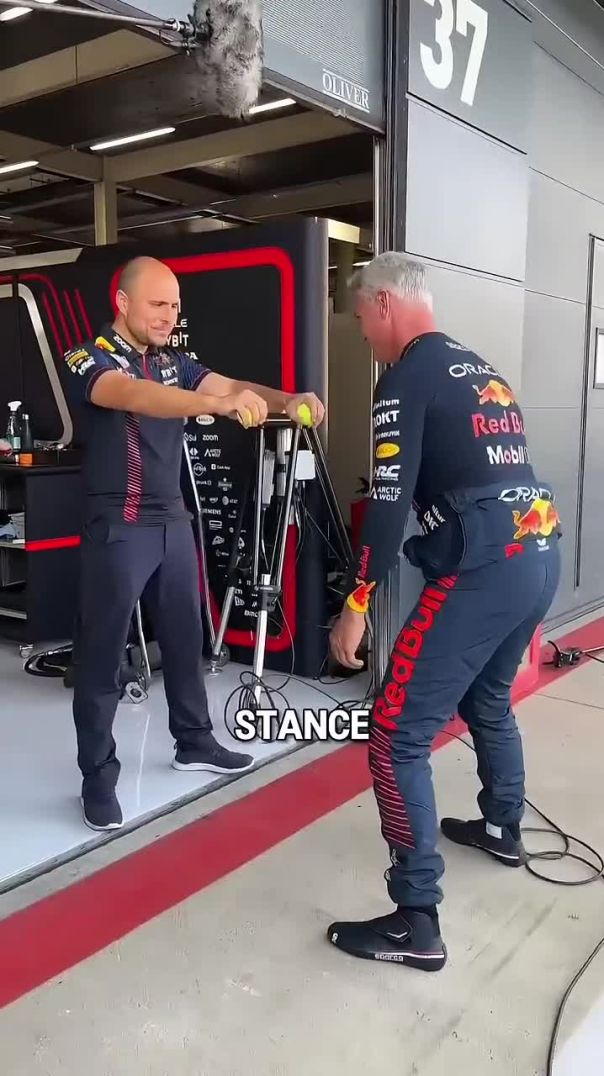

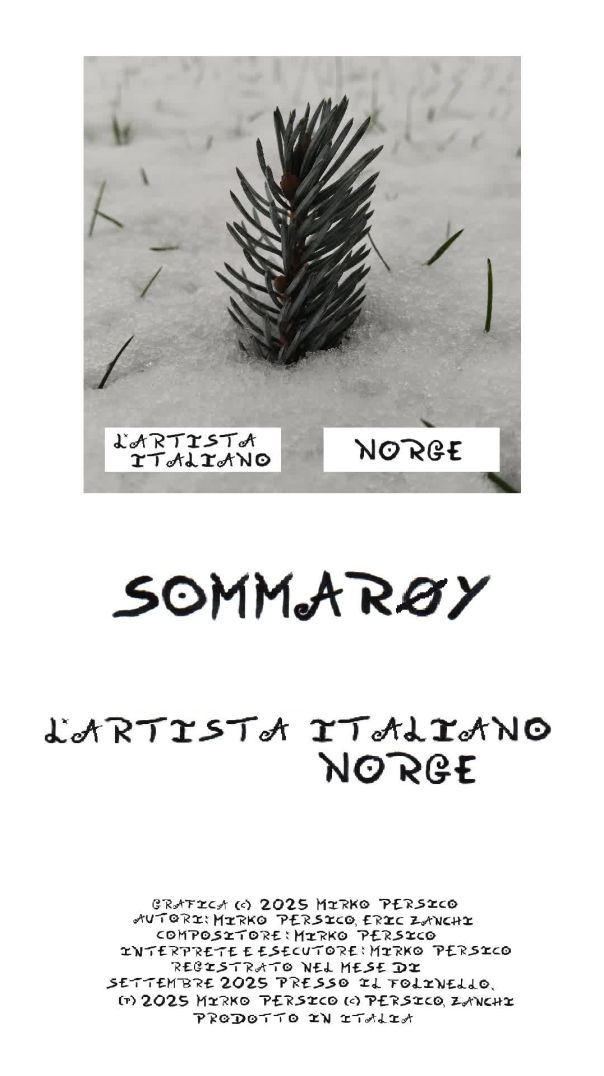



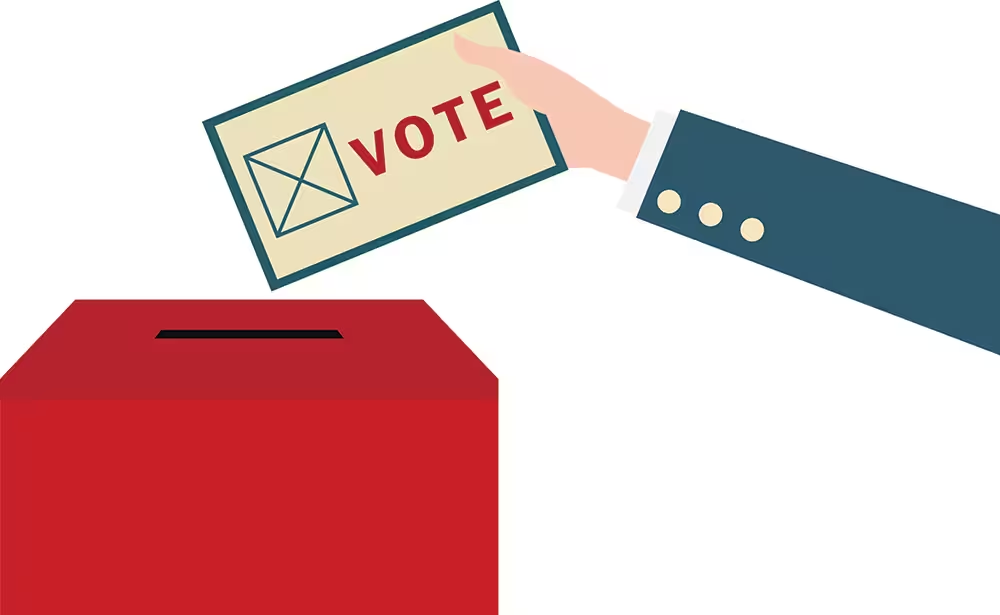
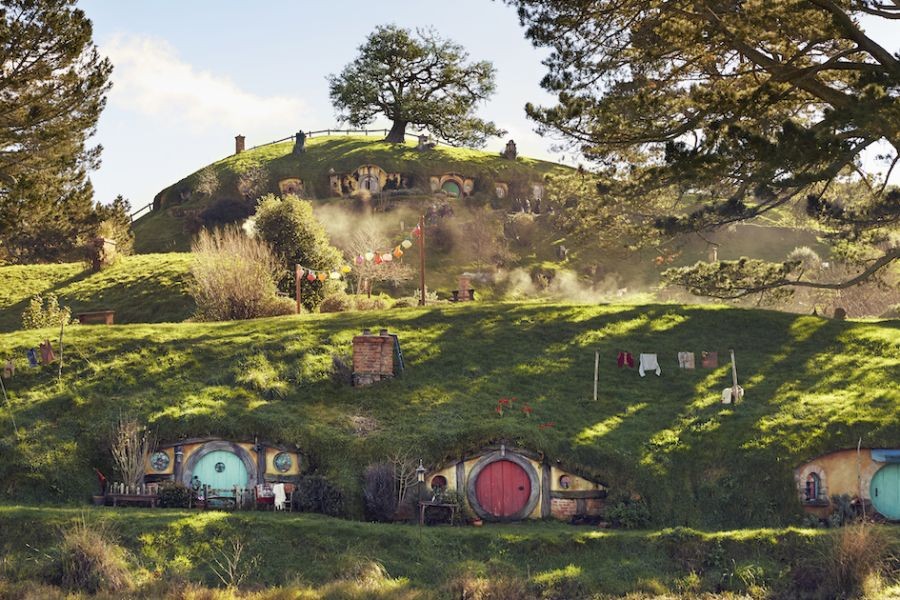

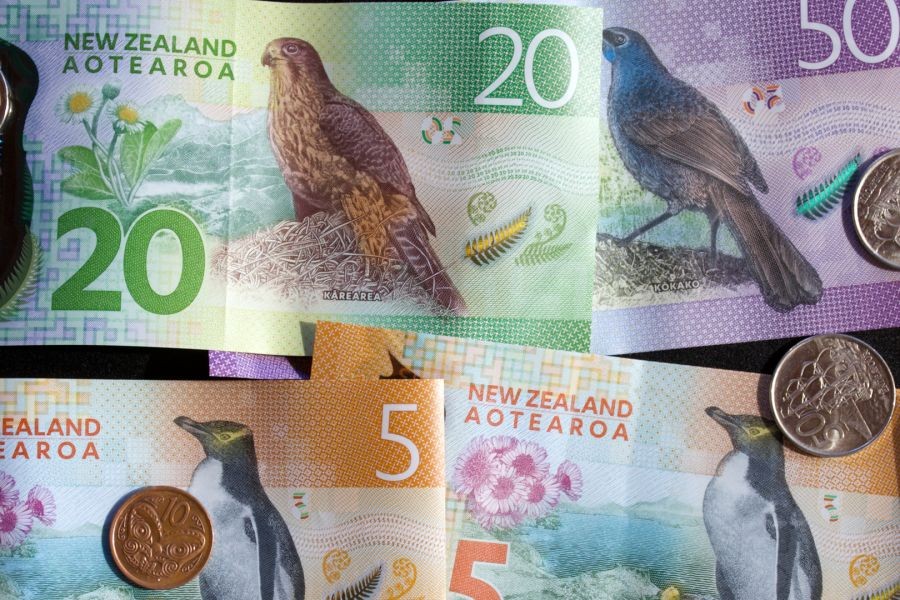

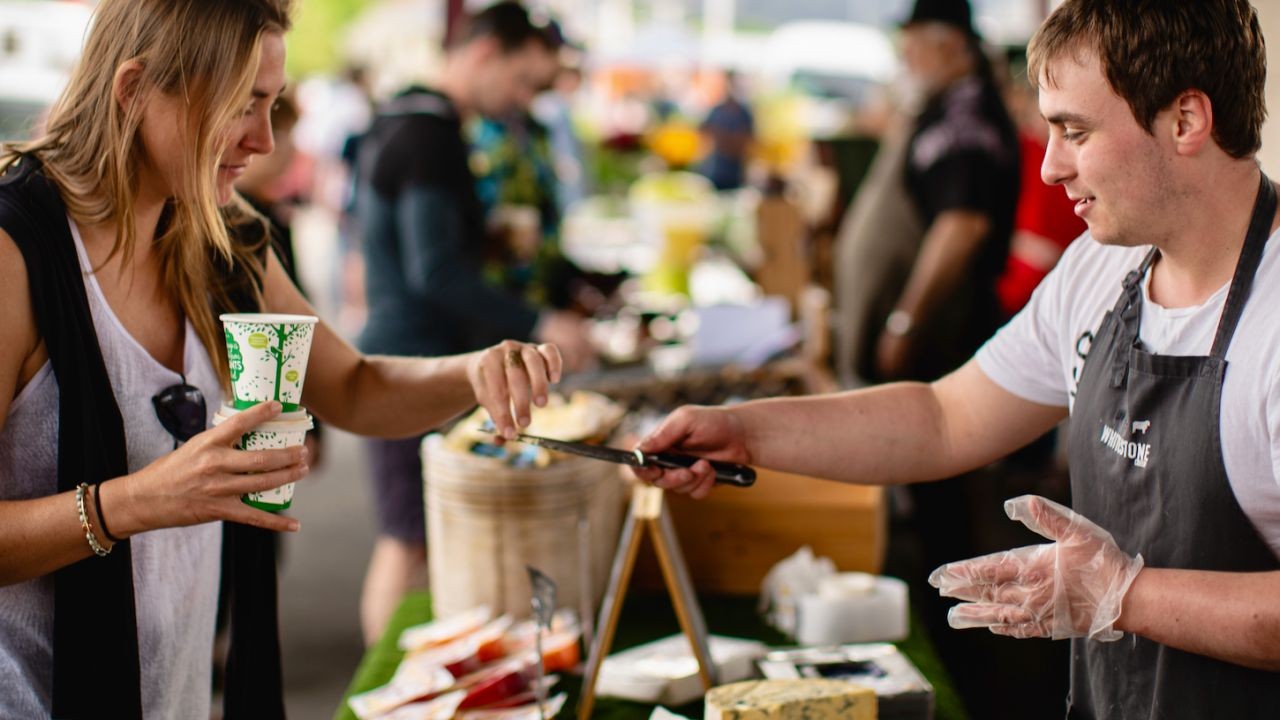













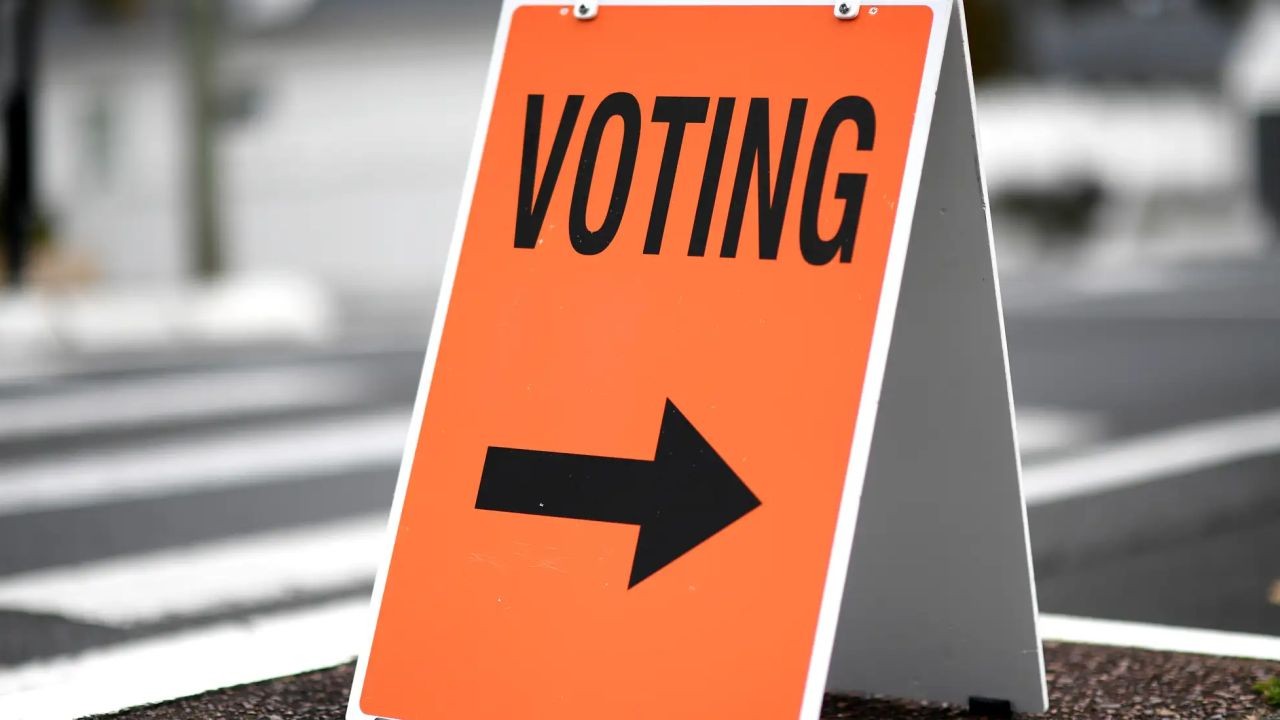
Pace protection
9 months ago